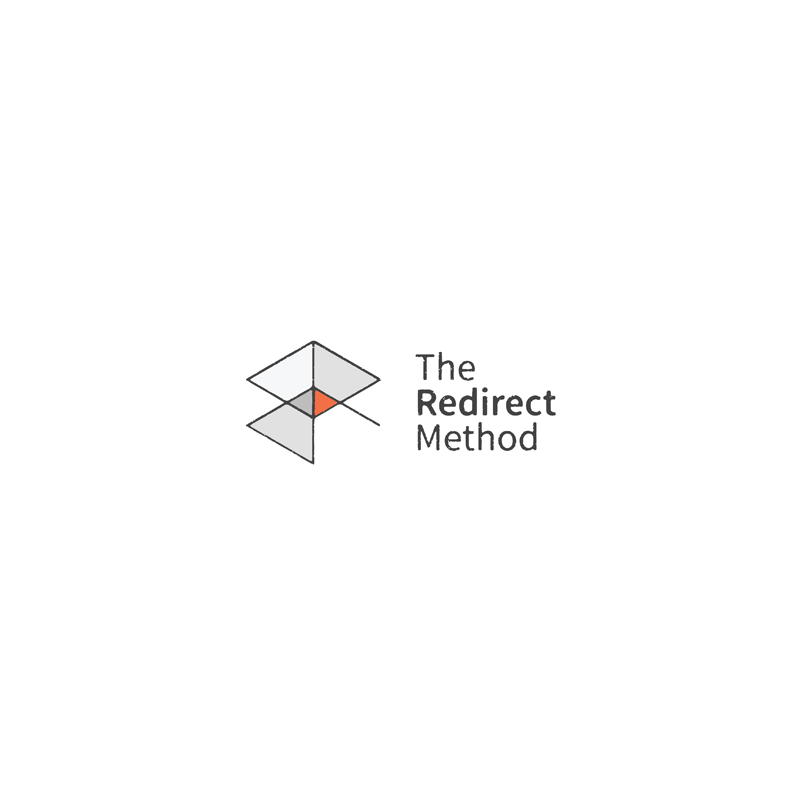
Google is still on the move to fight terrorists propaganda on its YouTube platform.
Previously, the video-streaming service has increased the use of technology to help identify extremist and terrorism-related videos, having human experts to identify videos, taking a tougher stance on videos that do not clearly violate its policies, and expanding its role in counter-radicalisation efforts by building on its Creators for Change programme to promoting YouTube voices against hate and radicalization.
On July 20th, 2017, YouTube adds another strategy to its existing arsenal. The company announces the Redirect Method, a feature that redirects anyone searching to extremist contents to videos that confronts extremist messages and debunks its mythology.
To do this, Jigsaw (Alphabet’s security incubator) partnered pas partnered with Moonshot CVE (counter-extremist startup) for years to conduct extensive research to understand how extremist groups leverage technology to spread their message and recruit new members.

The Redirect Method identifies keywords from user queries to understand their intentions. So if users search for things related to extremists, the Redirect Method will redirect the users.
According to YouTube’s blog, this is part of Google’s larger initiative to push back against such content that keeps showing up on its video platform.
To strengthen the strategy, YouTube is also expanding the product functionality to a wider set of search queries in other other languages beyond just English. It also uses machine learning to dynamically update query terms. YouTube is also working with people at NGOs to develop new video contents that are designed to counter extremists' messages at different parts of the radicalization funnel.
For the good cause, YouTube' strategy should limit, if not eliminate, the reach of terrorists' propaganda and extremists' messages. One problem that may occur is that when someone searches for such things, but for legitimate usage - like researchers or journalists.
YouTube is known to have more than sufficient footage of almost anything, and the platform is already the source for many.